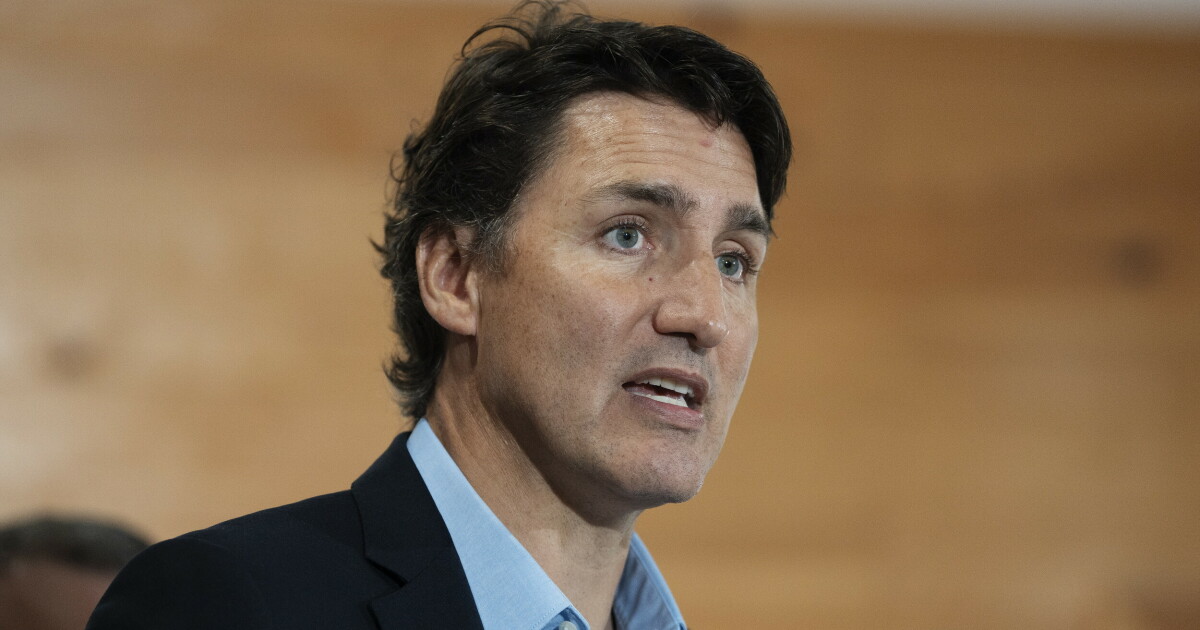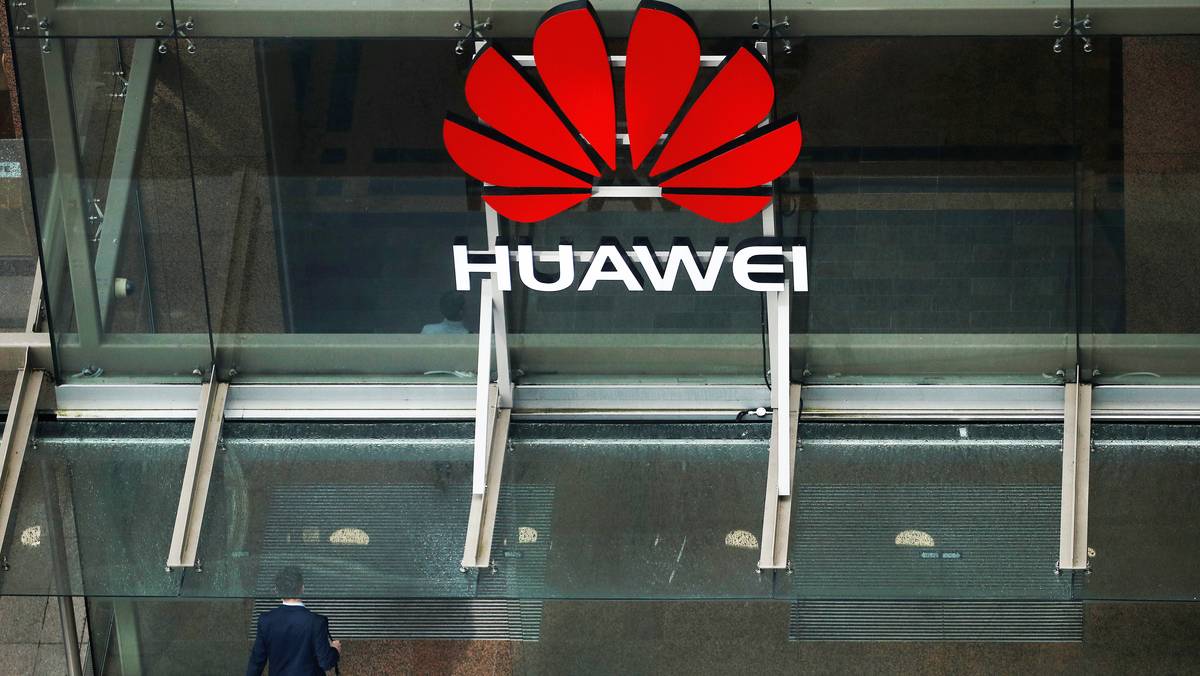The FBI is assisting Ukrainian intelligence in efforts to ban Twitter users and collect their data, new leaks show. Twitter refuses to censor journalists targeted by Ukraine, including The Grayzone’s Aaron Maté.

The Federal Bureau of Investigation has been assisting Ukrainian intelligence in efforts to censor social media users and obtain their personal information, leaked emails reveal.
In March 2022, FBI special agents submitted a list of accounts to Twitter in the name of the Security Service of Ukraine (SBU), Ukraine’s main intelligence agency. The account, the FBI wrote, “is suspected by the SBU of spreading fear and disinformation.” In the attached memo, the SBU asked Twitter to delete the account and hand over their user data.
The Ukrainian government’s targeting, aided by the FBI, extends to members of the media. The SBU list that the FBI provided to Twitter includes my name and Twitter profile. In response to the FBI, Twitter agreed to review the account for “lack of authenticity,” but raised concerns about my inclusion and that of other “American and Canadian journalists.”
The FBI’s attempt to shut down Twitter accounts at the request of Ukrainian intelligence was one of the most blatant censorship requests disclosed to date in the Twitter Files, the social media giant’s cache of leaked communications.
The FBI censor request was submitted in a March 27, 2022 email from FBI Special Agent Aleksandr Kobzanets, Assistant Legal Attache at the US Embassy in Kyiv, to two Twitter executives. Four FBI associates were copied in the correspondence exchange.
“Thank you very much for taking the time to discuss aid to Ukraine,” Kobzanets wrote. “I am including a list of accounts I received within a few weeks from the Ukrainian security services. These accounts were suspected by the SBU of spreading fear and disinformation. For your review and consideration.”

The attached document, prepared by SBU Ukraine, contains 163 accounts, including min. (The list is numbered 175, but some accounts have two rows of corresponding numbers).
The SBU claimed that registered Twitter profiles had been “used to spread disinformation and fake news to inaccurately reflect events in Ukraine, justifying war crimes by Russian authorities on the territory of the state of Ukraine in violation of International Law.”
In order to “stop Russia’s aggression on the information front,” continued the SBU, “we respectfully ask you to take immediate action to block this Twitter account and provide us with the user data specified during registration.”
The SBU stated “thank you for the current level of engagement”.

If this were met, not only would users on the list be banned from Twitter, but their phone numbers, birth dates, and email addresses would be provided to the FBI and SBU.
Read the full list of accounts targeted by the FBI and SBU here:
Register for SBU Twitter-Dissinf_20220327
In response, Yoel Roth, Twitter’s head of trust and security at the time, told Special Agent Kobzanets and his FBI colleagues that Twitter would “review reported accounts according to our rules.” But he cautioned that the list included “several accounts of American and Canadian journalists (eg Aaron Mate).” Therefore, said Roth, Twitter’s review will “primarily focus on identifying potential accounts that are not genuine.”
Roth later suggested that he would be open to suspending the original accounts if it could be proven that they had secret ties to foreign governments. Journalists “covering the conflict with a pro-Russian stance are unlikely to be found to be in violation of our rules without some other context that might form some sort of covert/misleading relationship between them and the government,” Roth wrote. “Any additional information or context around this is certainly welcome and appreciated.”

Twitter CEO Yoel Roth’s response to the FBI’s censorship request flagged the journalist’s inclusion, “eg. Aaron Mate.”
In his response, Kobzanets did not directly acknowledge Roth’s concerns about FBI-backed Ukraine efforts to censor journalists. “Understood,” Kobzanets told Roth. “Whatever your review discloses and whatever Twitter deems appropriate.” He also indicated that the FBI would not grant Roth’s request for any “context” that could establish links between journalists and foreign governments: “There is unlikely to be any additional information or context.”
On Twitter, Roth forwarded the FBI request to two of his colleagues. “Here are the results of our meeting with the FBI last week,” he wrote. “The list of accounts is a mixed bag – there’s some state media mixed in with a lot of other stuff – but given the context, I think a deep dive here is needed.” (Roth left Twitter in November 2022).
In the email, I asked Special Agent Kobzanets if he had checked the list of Ukrainian censor requests before sending them to Twitter. After being alerted by Roth from Twitter that the FBI was trying to censor journalists on behalf of the SBU, I also asked Kobzanets if that led to a review or audit of his assistance to Ukrainian intelligence. Kobzanets did not answer.
The FBI’s national press office also declined to answer questions. Among other questions, I asked for a Twitter warning that “FBI assistance to Ukraine” involved censoring journalists, and asked whether it led to a change in the agency’s cooperation with Ukrainian intelligence.
“Though we appreciate your question. Our practice is not to confirm, deny, or comment on any particular interaction or confirm the reliability of correspondence,” an FBI spokesperson wrote.
Read the full FBI Twitter correspondence here:
FBI-SBU Twitter request
The FBI officials copied in Kobzanet’s exchange with Twitter include Elvis Chan, Assistant Special Agent in Charge (ASAC) at the FBI’s field office in San Francisco, where he heads the Cyber Division. Chan was active in the FBI’s dealings with Twitter at a time when the social media giant censored reporting about Hunter Biden’s laptop shortly before the November 2020 election. recently reported, he was also implicated in the FBI’s decision to drop in-person checks of Democratic Party servers and instead rely on Hillary Clinton-funded cyber firm CrowdStrike in the agency’s investigation of alleged Russian hacks in 2016).
Of the 163 accounts mentioned by the SBU, 34 were frozen and 20 no longer exist. The rest remain active.
Those marked for censorship by Ukraine but still online include Russian politician Gennady Zyuganov, a longtime member of the Russian Communist Party and lawmaker who lost to Boris Yeltsin in Russia’s 1996 presidential election; Dmitry Rogozin, former Deputy Prime Minister of Russia; and Sergey Mironov, a Russian politician and member of parliament. The list also includes Russian journalist Vladimir Solovyov, TV news presenter; and Margarita Simonyan, editor-in-chief of the Russian state-controlled network RT. Several Russian state agencies and media are also listed.
The Ukrainian nationals targeted by the SBU ban requests include Anatoly Shariy, a video blogger and politician who fled Ukraine in 2012 and was later granted asylum from the European Union; and Andriy Portnov, a Ukrainian lawyer and politician who served as a senior civil servant under Ukrainian President Viktor Yanukovych until the latter’s overthrow in the Maidan coup in February 2014. (Shariy’s and Portnov’s Twitter accounts remain active).
The revelations of censorship collusion between the FBI and the SBU are the latest documented case of Ukrainian state-linked efforts to target foreign voices. A Ukrainian website known as Myrotvorets maintains a list of what it calls “enemies of Ukraine”. I was recently added to that list along with Anya Parampil of The Grayzone, as well as comedian and YouTube host Jimmy Dore. The Myrotvorets database was co-founded by Anton Gerashchenko, former deputy minister of the Ministry of Internal Affairs of Ukraine, where he now serves as an adviser.
Last year, the global technology/media conference Web Summit withdrew en invitation to speak for Max Blumenthal of The Grayzone and I after Olena Zelenska, wife of Ukrainian President Volodymyr Zelensky, demanded our cancellation. (Another Grayzone partner, Kit Klarenberg, stayed on recently detained and interrogated etcm his journalism by British authorities).
News about the FBI’s work with Ukrainian intelligence to censor Twitter users, and before that, reported by journalist Lee Fang that the FBI had pressured Facebook to remove accounts and posts that the SBU deemed Russian “disinformation”. According to Fang, a senior Ukrainian official in frequent contact with the FBI defines “disinformation” in terms so broad they can mean views that “contrary to the narrative of the Ukrainian government.”
This article was first published by Gray zone:
Leaks reveal the FBI is helping Ukraine censor Twitter users and get their info
Translated into Norwegian for steigan.no by Kari Angelique Jaquesson.


“Aficionado Twitter ninja. Infuriatingly humble problem solver. Gets dropped a lot. Web geek. Bacon aficionado.”







